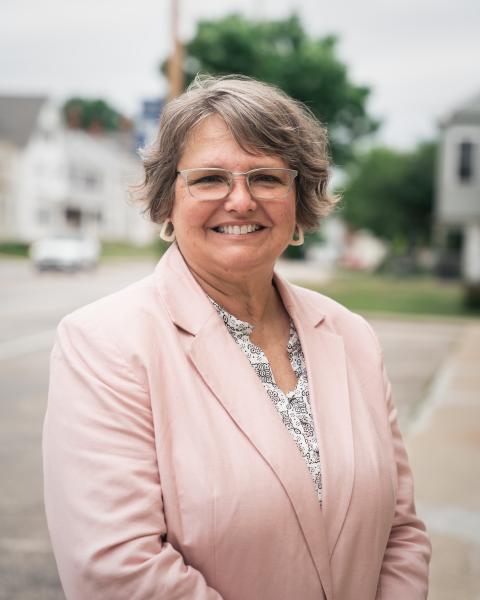Six Characteristics of Successful Community Volunteers
New Hampshire towns depend on the support of volunteers
SHARE
You know it’s spring in New Hampshire when sap buckets hang in yards and mud covers just about everything. But did you know that spring is also town meeting season?
Many people are thinking about local issues, volunteers, and leadership. In community development, Extension specialists work with local volunteers – those who step up to revitalize their main street, expand trails, retain young people and help support small businesses.
Over the years, we have seen certain characteristics that make up strong community volunteers. These characteristics help volunteers successfully contribute time and talent to their community and, in turn, create vibrant towns with engaged citizens.
The best volunteers do the following:
- Listen and listen some more: In this role volunteers listen at meetings, in their neighborhood and at the grocery store. Citizens want to share their thoughts and ideas and committee members serve as a bridge to the municipal leadership. Volunteers will have an opportunity to share thoughts from community members, but they should listen first.
- Bring in others to share the workload: We all know of a volunteer who does everything. That might work in the short term, but it is not sustainable. It is important to understand that volunteers are stewarding this work for now and not forever. A volunteer should always be looking for folks to contribute to the work and replace them. We need new people to bring fresh experiences and ideas.
- Seek out connections: Volunteers should be willing to look for the link between their interests and the interests on other committees. The work of the economic development committee is related to the work on the conservation commission and the recreation board. Each wants a vibrant place that honors the town’s natural beauty, gives residents an opportunity to enjoy the outdoors and supports the economy.
- Gather information: Community topics are considered using information that can be gathered from both experts and ordinary citizens. Volunteers should work to understand the knowledge and opinion from both as they make decisions. Engaging the community beyond the traditional public meeting is a way to gather citizen input.
- Bring a spirit of inclusion: Communities offer training on the formal rules of boards and commission business. In addition, a successful volunteer brings a spirit of doing work openly, fairly and inclusively and looks for ways to make this happen.
- Seek out new skills and training: Volunteers bring their own life and work skills, and they must also be willing to learn new skills that are especially applicable to community work. Community engagement and meeting facilitation are important skills for effective local decision-making. Volunteers can learn to set the ground rules and how to use of the multiple ways of decision-making while engaging new people into community discussions.

